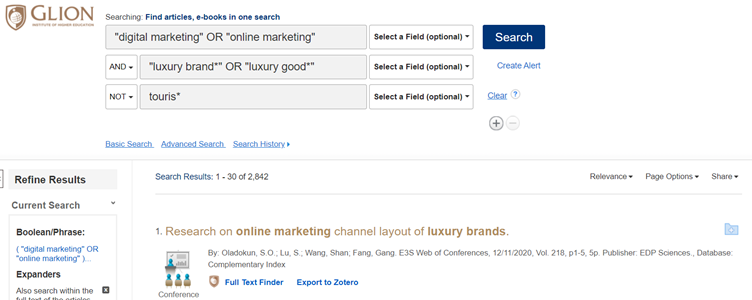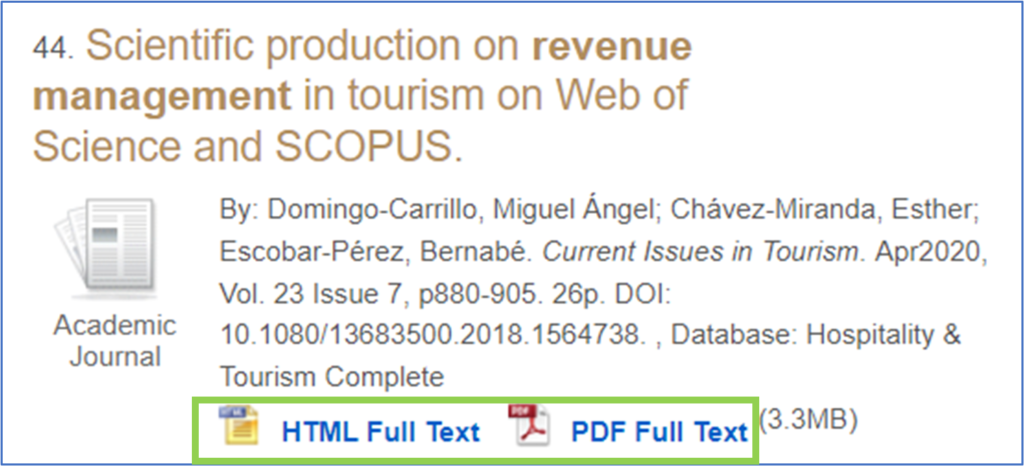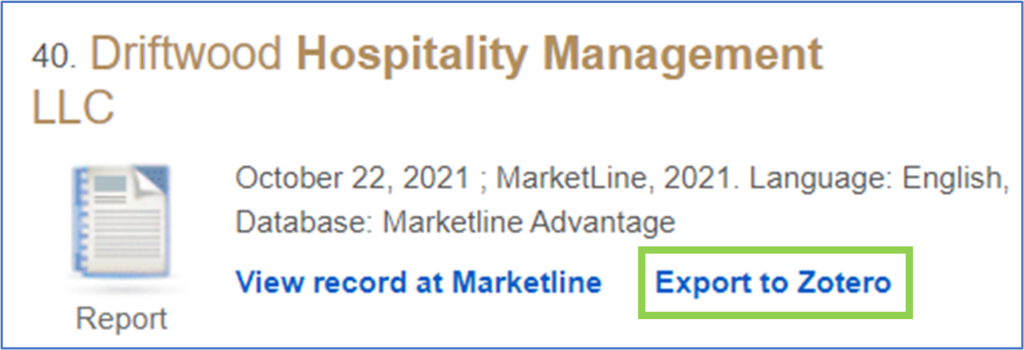Building a search strategy
When you use a search engine like Google you can type in fully formed questions (“What is the definition of luxury marketing?”) but when you search databases you need to identify the key concepts of your research idea or research question and use these concepts as your keywords. There are 3 steps to building a search strategy for databases
1. Identify keywords in your research idea
2. Use AND, OR, and NOT to refine your search
3. Use phrase searching and truncation
By following these steps, the results of your search will be more pertinent and useful for you. You will save time and increase the quality of your work.
Step 1 – Identifying your keywords
In order to search databases, you need to enter keywords. It is important to choose your keywords carefully when you search for information on a database
For an example of how to identify the key words in a research idea or question, look at the following examples:
How does leadership style influence employee turnover in the hospitality industry?
Using digital marketing to promote luxury brands
Sustainability strategies in spas in the ski resorts in the Alps
The key concepts or keywords are highlighted in bold. They are the words which express the main ideas or concepts we are interested in. The other words, such as “influence”, “promote” and “strategies” do not have a unique meaning and may be used in the titles of articles which have nothing to do with the topics we are interested
You can lay out your keywords vertically
Leadership style
AND
Employee turnover
AND
Hospitality industry
Step 2 Expanding keywords with synonyms
Synonyms are words which have similar meanings or phrases which have related meanings. You can make your search more effective by thinking of synonyms for your keywords.
Examples of synonyms:
Leadership style OR Management style
AND
Employee turnover OR staff turnover OR staff loyalty
AND
Hospitality industry OR tourism industry OR luxury hospitality
You can also exclude terms to make your search more precise by using the word NOT
Example
Hospitality industry OR luxury hospitality NOT tourism industry
If you are having difficulty thinking of synonyms, read an overview of your topic. This will provide you with relevant keywords and key concepts. You can also use a thesaurus to identify synonyms for your keywords.
Two sites you can use are https://www.thesaurus.com/or https://www.thesaurus.net
Step 3 Phrase searching and truncation
Phrase searching means you enclose phrases within “speech marks” so that the search engine treats the phrase as a single item and not as two distinct elements. For example
“Leadership style” OR “Management style”
AND
“Employee turnover” OR “staff turnover” OR “staff loyalty”
AND
“Hospitality industry” OR “luxury hospitality” NOT “tourism industry”
Truncation means you write the root of a keyword followed by an asterisk*. This means the search engine will look for all forms of the root word, giving you more results. For example if you write the keyword root Leader* the search engine will look for leader / leaders / leadership, giving you more chance to find relative sources.
“Leader* style” OR “Manage* style”
AND
“Employee turnover” OR “staff turnover” OR “staff loyalty”
AND
“Hospitality industry” OR “luxury hospitality” NOT “tourism industry”
Be flexible
As you carry out your research, be ready to change or refine your keywords. As you learn more about the topic you are researching, you may find a new direction or perspective you hadn’t considered before. You may discover more and more precise keywords. Be curious, explore!
Examples
Using the advanced search bar on the library database

1. Check the ‘peer-reviewed’ box.
2. Click on “Advanced search” link.
3 different examples showing the 3 steps



Saving resources for later
When searching EDS (Ebsco Discovery Service, search bar on the library website), you may want to save search results to work on them later.
To do so, you have 3 options:
- Save the pdf or HTML file, if available.

- Export to Zotero:

- Copy the Permalink (not the link in the browser, as it will timeout and you will not be able to retrieve your resource later):

